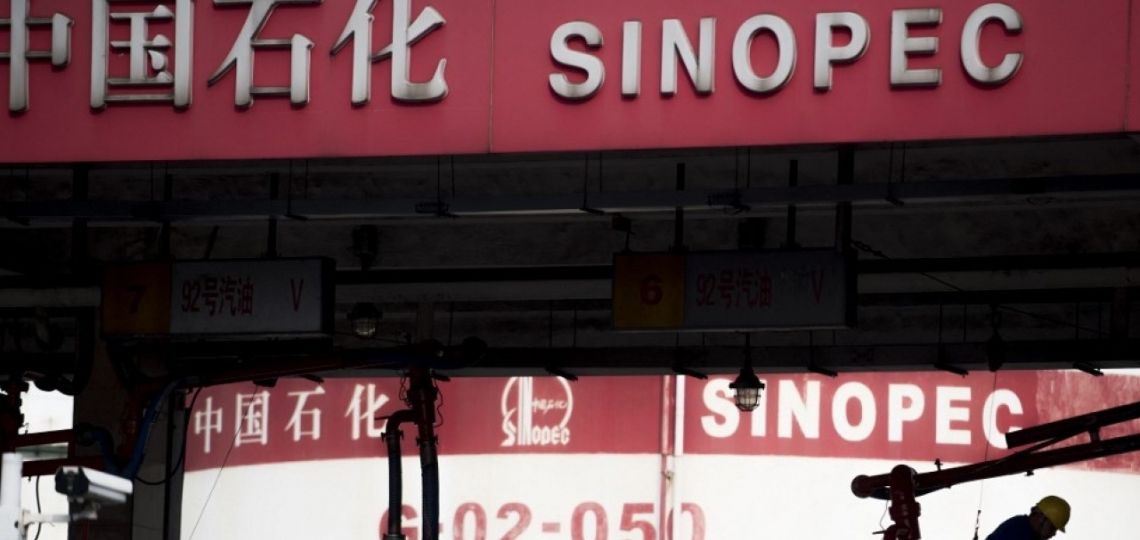Sri Lanka, mired in a financial crisis, signed an agreement with Sinopec Group on Monday giving the Chinese oil giant access to its domestic fuel market, which has so far been dominated by India’s Indian Oil Corporation (IOC) and Sri Lanka’s national company Ceylon Petroleum Corporation (CPC).
This is the first time in 20 years that the strictly regulated Sri Lankan market has opened up to foreign competition. This decision follows several months of rationing linked to a serious foreign exchange crisis that has crippled fuel imports in this South Asian island. The arrival of a player like Sinopec “marks a crucial step in the establishment of a stable and continuous fuel oil supply for the nation,” said President Ranil Wickremesinghe.
Shortages of fuel and other essential commodities, such as food and medicine, triggered a social crisis of such magnitude last year that former president Gotabaya Rajapaksa was forced to step down. At the peak of the fuel crisis, shortages forced motorists to queue for several days in front of gas stations.
Energy Minister Kanchana Wijesekera said Monday that under the terms of the agreement signed with Sinopec, CPC would hand over the management of 150 service stations currently controlled by the Sri Lankan state to the Chinese. The agreement also guarantees Sinopec an operating license for 20 years and authorizes it to invest in the establishment of 50 new service stations on the island.
The arrival of Sinopec marks the first step in the deregulation of the fuel market in Sri Lanka, which has been controlled by the state for 60 years, before other American and Australian majors, also approved by the Sri Lankan government. These private companies will have to finance fuel imports with their own foreign exchange reserves and commit to keeping their profits in Sri Lanka for at least one year.
Fuel prices in Sri Lanka have tripled in the space of a year to compensate for the huge losses of CPC, which must now restructure in accordance with the terms of a $3 billion IMF aid package in March.






